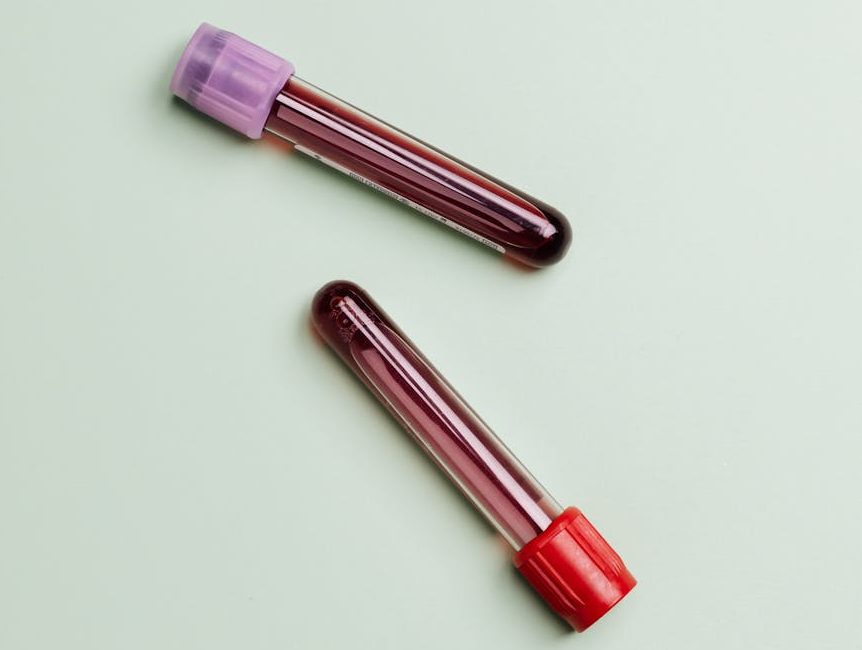
You don’t usually think about your blood—until it gives you a reason to
Most days, your blood stays invisible. It flows without sound. It heals without asking. You don’t think about it. You don’t feel it working. It simply does what it’s meant to do. Then one day, you feel tired—different tired. You bruise from nothing. You catch infections too easily. You walk slower. Your breath shortens. The fatigue isn’t loud, but it stays. It spreads. And then, someone says, “Let’s check your blood.” That’s when you meet hematology.
It moves. It flows. It carries. It balances
Inside one tube of blood is a whole world. Hematology reads that world. It looks past the surface. It sees your red cells, white cells, platelets, plasma, marrow. It sees what’s too high. What’s too low. What’s not behaving like it used to. It watches your balance—not just health versus illness, but stability versus disruption. It’s not about one symptom. It’s about the body’s rhythm—and when that rhythm falters.
You feel tired in a new way
It’s not regular tired. It’s not something a weekend fixes. You sleep, and it stays. You eat, and it stays. You rest, and yet, your limbs feel heavy. You blame stress. Age. Weather. But deep down, you know this is different. It’s not just your mind. It’s something in your body. Something you can’t see. But you feel it every time you try to be yourself, and something pulls back.
The symptoms don’t scream—but they build
One bruise. One dizzy spell. One longer-than-usual cold. You ignore them. Until they repeat. Then they overlap. You start writing them down. Just in case. You mention them casually. A doctor listens, orders blood work. Suddenly, the casual becomes a pattern. And the pattern becomes a story. Hematology is the one who knows how to read it.
Hematology doesn’t fix everything—but it finds where to begin
A hematologist doesn’t jump to conclusions. They start at the root. They order tests. They study cells like stories. They understand that one number isn’t enough. It’s how the numbers move together. How they change over time. They don’t try to silence the symptoms. They ask what started them, and why. They know healing begins with listening.
A hematologist doesn’t just read numbers—they listen to patterns
They see more than data. They see timing. History. Hesitation. They notice small changes that others might miss. They compare labs from last year. They look at what used to be normal—and what no longer is. They ask about your mother. Your siblings. Your family’s bloodlines. Because sometimes the answer doesn’t start with you. Sometimes it starts long before.
The blood holds history—yours, and sometimes your family’s
Some conditions run quietly through generations. Anemia that never got explained. Bleeding that was called “just bad luck.” A kind of fatigue no one questioned. Hematologists trace that silence. They give it names. They break patterns by noticing them. What your grandparents endured quietly—you no longer have to. Because now someone is watching. Listening. Naming.
And in naming, there’s freedom.
The treatment may be simple—or lifelong
Sometimes it’s just iron. Sometimes it’s something you take once a week. Sometimes it’s daily. Sometimes it’s transfusions, or injections, or something heavier. For some, it’s a lifetime of balance. For others, it’s months of intervention. No two stories are the same. But all require commitment. You learn how to monitor. How to wait. How to respond. And slowly, the numbers become familiar. You start knowing what to look for.
And that kind of awareness changes how you live.
You begin noticing things you never thought mattered
You notice bruises. Energy. Skin tone. Breath. You count things you never counted. You check in with your body before pushing it. You ask, “How am I really doing today?” You listen for subtle shifts. You bring those shifts to your next appointment. And someone listens. Someone sees them too. And suddenly, your symptoms aren’t private anymore. They’re shared. Understood. Valid.
That’s when healing begins—not with medicine, but with attention.
